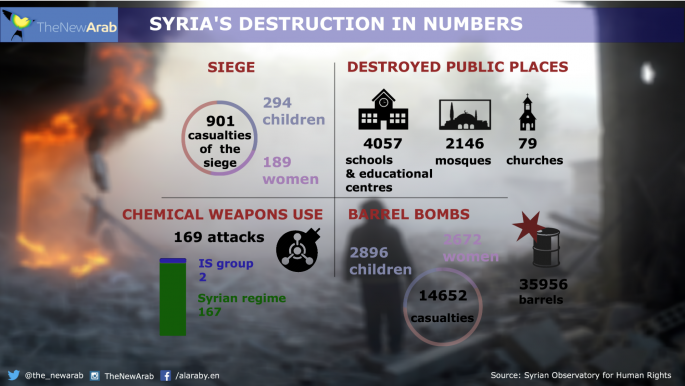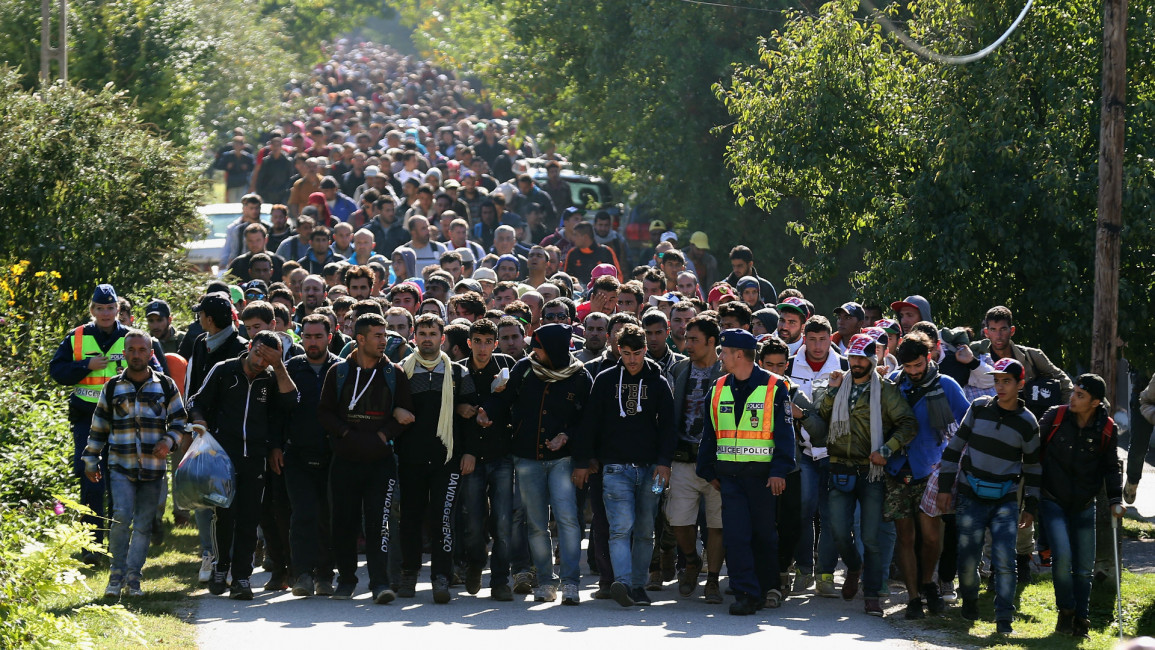Refugee crisis: OECD 'doubled aid' in 2015
The Paris-based Organisation for Economic Cooperation and Development said countries in the bloc spent $12 billion to cope with Europe's worst refugee crisis since the Second World War.
Countries in the OECD include those in the European Union, North America, Japan, Turkey and Australia. Many have been criticised for not doing their share in assisting the millions of refugees created by wars in Syria and Iraq.
"Countries have had to find large sums to cover the costs of a historic refugee crisis in Europe," the Paris-based Organisation for Economic Cooperation and Development said.
But it noted that "most have so far avoided diverting money from development programmes".
Around 1.5 million people claimed asylum in OECD countries in 2015, including more than a million in Europe.
 |
| [click to enlarge] |
In Austria, Greece, Italy, the Netherlands and Sweden, refugee costs accounted for more than 20 percent of aid expenditure in 2015, the 34-member organisation said in a report.
"Governments... need to develop long-term options for meeting future refugee costs and the integration of refugees in our societies, while ensuring at the same time that ODA (official development assistance) reaches those countries and people that need it the most," OECD chief Angel Gurria said.
The outlays for hosting refugees accounted for the bulk of a 6.9 percent increase in development aid for the year, but excluding the funds spent on refugees, aid was still up 1.7 percent in real terms, the OECD said.
"Measured in real terms - correcting for inflation and for a sharp depreciation in many... currencies against the dollar last year - (aid) is up 83 percent since 2000, when the Millennium Development Goals were agreed," the report said.
Oxfam said that most of the increases are artificial with governments declaring "costs for receiving refugees in their own countries as development aid".
Meanwhile, the European Union has launched a controversial plan to deal with tens of thousands of refugees stuck in Greece, which involves the forced exchange of migrants between Europe and Turkey.



